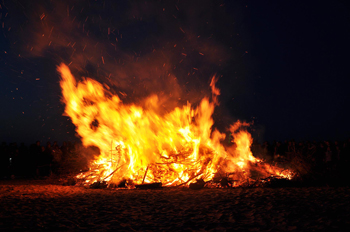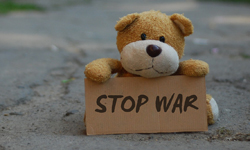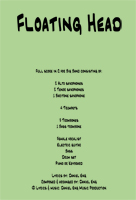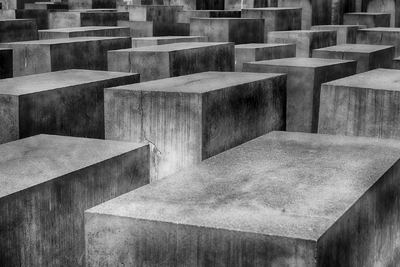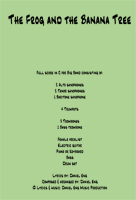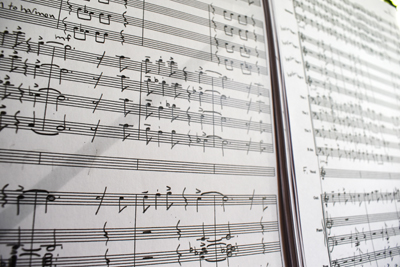It continues to amaze and horrify me, that in social contexts too many people let those individuals with the worst behaviour determine and set the over all function and orientation of the group. It’s as if there is some kind of instinctive behaviour in us humans to excuse, shelter, explain and endure those persons that totally act without any social conduct and contexts – not to mention all those who seek to take personal advantage of the opportunities to act out of conventions, those dominating people create.
These thoughts have occured more frequently with me since the war in Ukraine broke out a little more than a month ago. How is it that the surrounding world over and over again, excuse, shelter, explain and endure – and thus accept – those persons who control their countries by murder, violence, oppression and repression and to that openly threat other people and countries? The simple answer would be: Because they have – or do – something we want to take advantage of; but I’m not sure this is the whole answer.
Maybe the answer to why the worst acting persons can set the overall orientation for a group, is because the Human as a species is by evolution and survivalism friendly, open minded to the overseeable group and automatically lazy – seeking the easiest way of sustenance. Maybe the normbreakers, the violent, the manipulative liars offer easily taken shortcuts to benefits and presumed development?
The unprovoked Russian attack on Ukraine is a crime, and to me a consequence of letting the worst acting person set the orientation for almost a whole world, for far too long. War only brings atrocities and suffering, and is the foremost breeding ground for the next generations of norm-breakers, violent liars and oppressors. Therefore it has to be stopped.
The best we others can do, we whom are not directly involved in world-wide politics and economics, to prevent the next war or the next oppressor, is to no longer quietly accept the worst acting, normbreaking, manipulating and threatening person in a social group we find ourselves in. Don’t let them set the agenda, nor the interactions, and shut them out if possible. From countless historical examples, those people never change from being accepted and taken in; they only change from setbacks, more often painful than not. It is our responsibility not to let forward the next Trump, Putin, Xi, Bolsonaro, Hitler and so on, already in the phase of their lives where they are private and inconsequential to the world.
Let’s help each other with that, and I believe we have come a long way in preventing the next criminal war against a free country.
